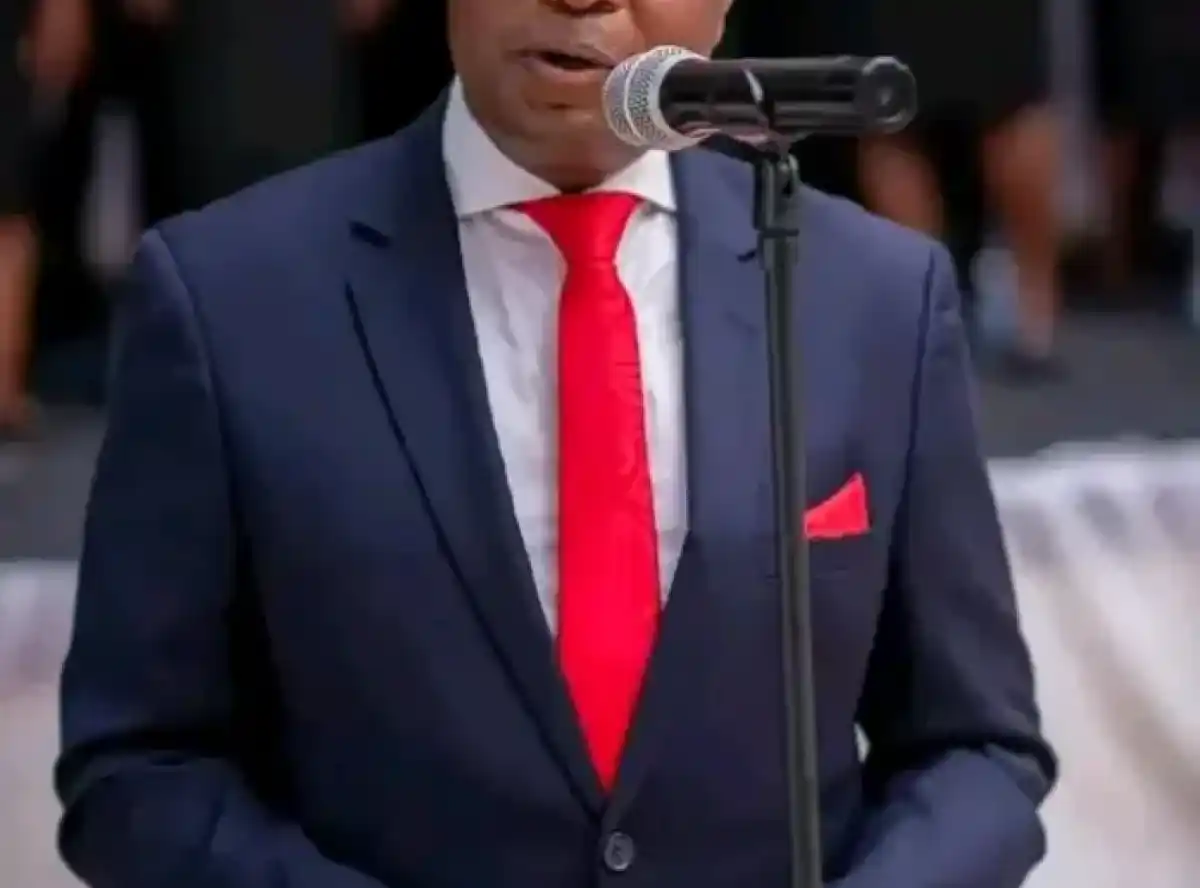
BY BASHIR AL BASHIR
In the ever-evolving political drama of Malawi, the discourse surrounding figures like Dr. Dalitso Kabambe and their potential for leadership is ripe with contention. Some voices, particularly influencers on social media, are quick to predict a comeback for Dr. Laz, but such opinions often lack the grounding of solid research and analysis. An examination of credible surveys, like those from Afrobarometer, reveals a stark reality: Malawians are suffering, and their political aspirations are deeply intertwined with economic stability.
The narrative suggesting that Dr. Dalitso Kabambe spends too much time focusing on inflation and devaluation rather than politics is simply misguided. It raises an important question: what is politics, if not the pursuit of better living conditions for people? The suffering of Malawians cannot be overlooked or minimized in favor of political maneuvering. Politics should not be seen as mere deception but rather as a pathway to meaningful change.
Dr. Kabambe’s approach highlights an essential truth: the state of the economy is paramount. Malawians are struggling, and addressing their economic hardships is the priority that should transcend party lines and tribal divisions. The question we should be asking ourselves is whether the current regime is effectively addressing these struggles. Are they creating conditions for economic improvement before the next elections?
Critics often point to the past electoral performance of figures like Chilima, suggesting that they have failed. However, they conveniently ignore the fact that the ruling Malawi Congress Party (MCP) did not emerge victorious by addressing the root concerns of citizens. Chilima laid down a foundation—a movement that resonates with those exhausted by mediocrity and corruption. Today’s generation is no longer complacent; they seek to break free from the cycles of deceit.
It’s essential to consider Dr. Kabambe’s background. With roots from both Thyolo and Ntcheu, he is uniquely positioned to understand the diverse needs of Malawians across tribal lines. His focus on the economy is not merely an academic exercise; it reflects the lived reality of countless families struggling to make ends meet. Yet, there exists a stubborn narrative surrounding the political prowess of Chakwera and the current administration, especially given the recruitment of figures previously labeled as part of the problem. This move raises serious questions about the credibility and integrity of the MCP’s agenda.
Malawians are in a state of flux. They are increasingly aware of the lies and corruption that have plagued their leaders. Elections cannot be won on empty promises or political theatrics; they are won on the basis of tangible results. From the ground up, citizens are demanding change. Dr. Kabambe’s vision, rooted in economic revitalization, resonates with this burgeoning movement for a better Malawi.
In summary, the dialogue surrounding Malawian politics must shift from superficial, opinion-based analysis to a more profound understanding of the economic reformation necessary for genuine progress. As we march towards the next elections, let us prioritize the aspirations and struggles of our people over politically convenient narratives. The quest for a better Malawi is not just a political campaign; it is a personal responsibility we all share. Only through authentic commitment to the needs of the people can we hope to cultivate a brighter future for all Malawians.







0 Comments